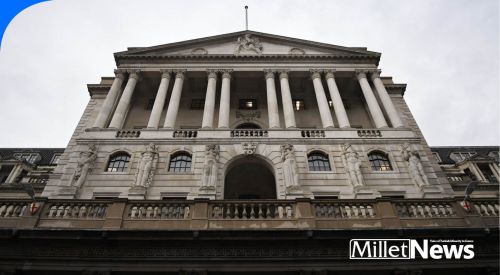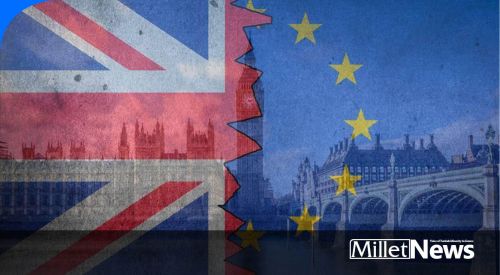Bank of England considers interest-rate rise

The Bank of England is considering going against the tide of prevalent monetary policy to raise interest rates, according to its chief economist, Andy Haldane.
Amidst a global trade war and suffering business confidence, due to limiting the Brexit threat, the Bank of England would normally be expected to cut interest rates to jolt the economy.
According to Haldane, however, the UK is set for “steady if not spectacular growth” in 2019.
“… The time is nearing when a small rise in rates would be prudent to nip any inflationary risks in the bud,” he told Reuters.
The UK last raised interest rates from 0.5% to 0.75% in August 2018, the second time since the 2008 financial crisis. The European Central Bank announced the second wave of quantitative easing while the US Federal Reserve is projected to cut interest rates more than once before the end of the year.
Haldane seems to be pushing in the opposite direction. The UK has a tight labor market and the lowest unemployment in 40 years. Wages are beginning to surge beyond the inflation rate, although they far-lug behind pre-crisis levels.
The same conditions apply in the US and Germany, but both the European Central Bank and the US Federal Reserve are moving to boost liquidity amid declining business confidence, falling levels of manufacturing orders, and the prospect of lower growth.
The UK may have additional reasons to be considering an interest rate hike with a no-deal Brexit appearing ever increasingly likely. Like the US, the UK’s inflation rate currently stands at 1.9%, just under the 2% conventional target rate, despite the lackluster 1.3% growth projected in the region, which is well below the EU average.
As the pound has lost approximately 11% of its value since June 2016, inflationary pressure is rising. Theoretically, a rise in interest rates would increase the cost of credit, thereby taming demand and inflation, but also potentially hurting growth in an economy that depends on services and consumption.
Source: Neweurope






